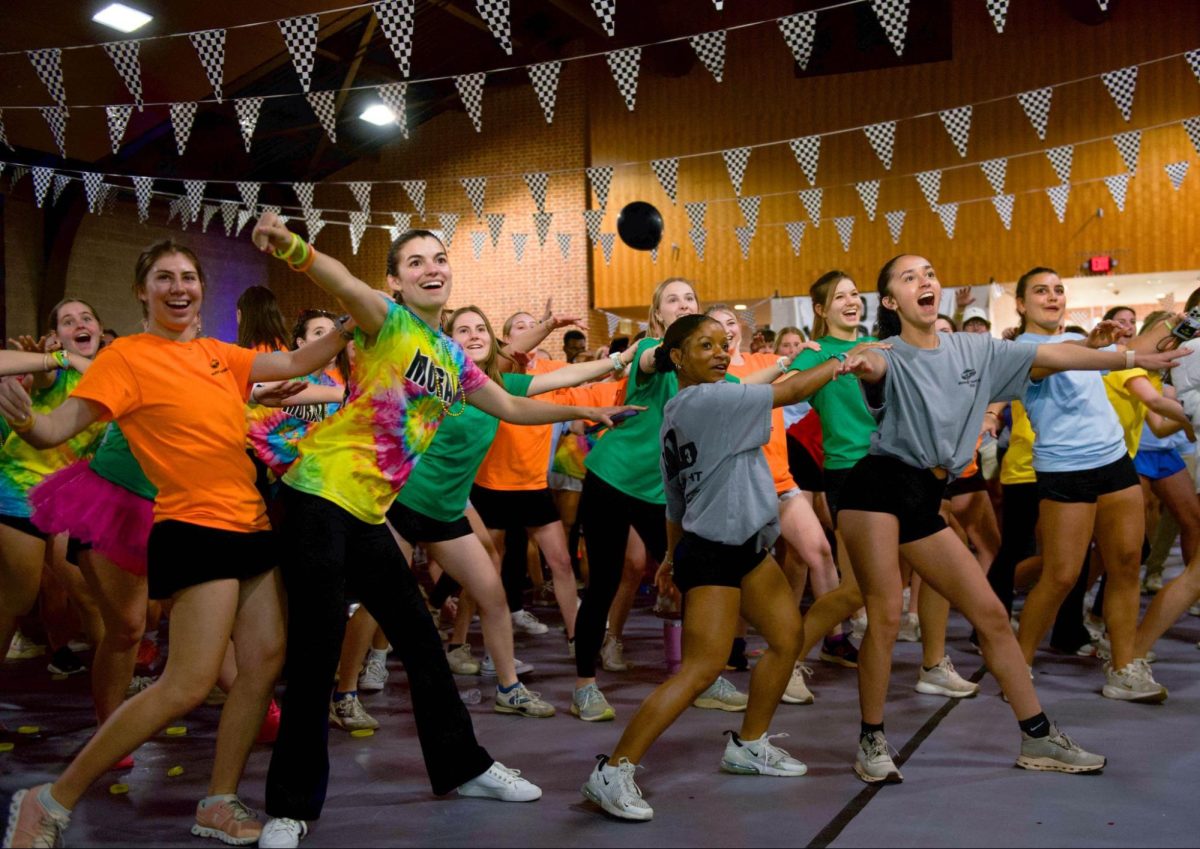When you tell people you’re sober, especially as a college freshman, you’ve got to know your audience. If it’s a parent you’re speaking to, there’s no need for an explanation — it’s a consistent pat on the back. If it’s a peer, things look a little different. “No thanks, I don’t drink,” you casually say, and the words linger in the air until someone either glazes over them with a swift change of subject, or until someone asks the question: “Wait, why not?”
There are a number of reasons I don’t drink or engage in substance use. I won’t get into my personal reasons, because I hope this article can be read from a number of perspectives. It could be because you’re religious, you don’t like to lose your inhibition, you’re in recovery from a substance use disorder, or any number of different things.
The truth is, when someone asks the question of why you’re not drinking, you can say anything, and people tend not to pry.
There’s a lot of weird energy surrounding sobriety and abstinence from substances, and oftentimes people are scared to investigate further into your decision to abstain.
This might be part of the problem with sobriety on a college campus — it’s rarely seen as normal. It’s almost never the ‘default’ of a college student on a weekend’s evening. I’ll gladly clarify at this point, though, that there’s no point in shaming people for drinking or using. I recognize that I do not walk a moral high ground, because sobriety is a very personal and individual decision. Whether you drink or not, we’re all on equal footing, because we are making highly personal decisions that (hopefully) follow our values. I know not everyone agrees with this, though, which can result in a feeling of left-outness. It is really easy to feel like, if you’re not at a party, you’re not having fun. Fear of Missing Out (FOMO) is real.
When I first arrived at Wake Forest, I was stuck in between a rock and a hard place trying to decide if I wanted to surround myself with sober people or people who like to party. It didn’t take me long to realize that it’s not quite so black and white. There’s a great community of sober folx on campus — the Collegiate Recovery Community, for example, which exists to support people in pursuit of recovery from substance use and other addictions. There are also many great groups of people who do not engage in abstinence from substances. Even so, there are many groups of people who spend some Friday nights sober and some not-so-sober, potentially engaging in harm reduction (note: if you engage in substance use and do not know what harm reduction is, I highly suggest you look into it).
It didn’t take me long to realize that it’s not quite so black and white.”
There’s no shortage of different and interesting people at Wake Forest, despite the smaller-than-average campus population, and the overwhelming feeling of homogeneity. But when it comes to a spectrum of sobriety on campus, you may be surprised where some people fall.
People who are sober still like to have fun, and may even show up at parties (socially-distanced parties of under 10 people while indoors, that is). People who drink or use still like to ‘chill,’ and may even spend a Friday or Saturday night in rather than out.
Quite frankly, there’s no point in determining whether or not someone is worthy of your time based on their interest in alcohol or other drugs if they do not violate your personal boundaries. Especially as a freshman, it has been made extremely clear to me that we are all trying to feel as okay and as included as possible. Whether or not you brought a drink with you, we’re all in the same boat, so keep compassion in your back pocket as often as possible.
If you suspect that you or a friend may have a problem with substance abuse, please consult the Office of Wellbeing at 336-758-3089 or thrive@wfu.edu. Resources are available to help you.
















